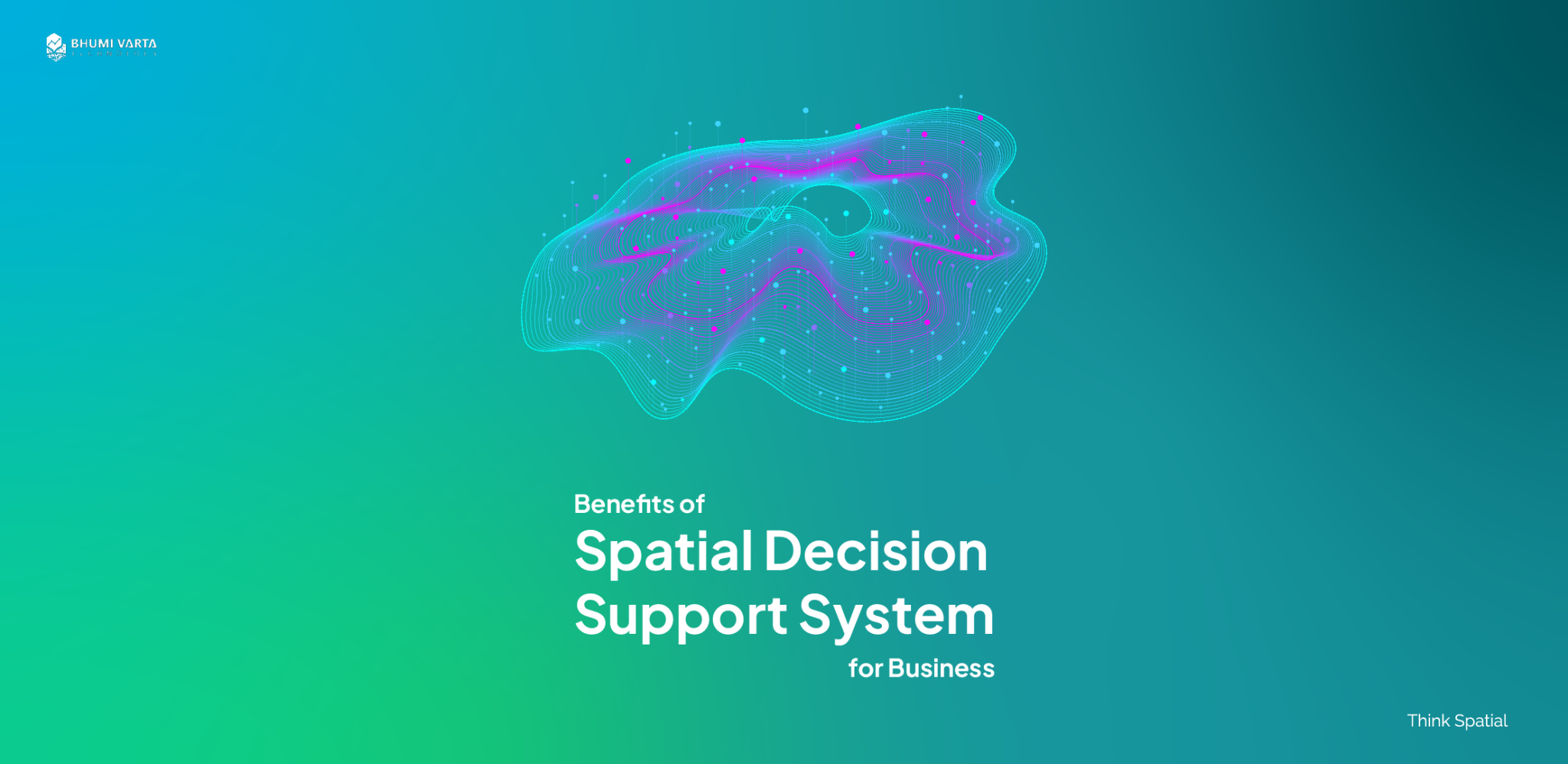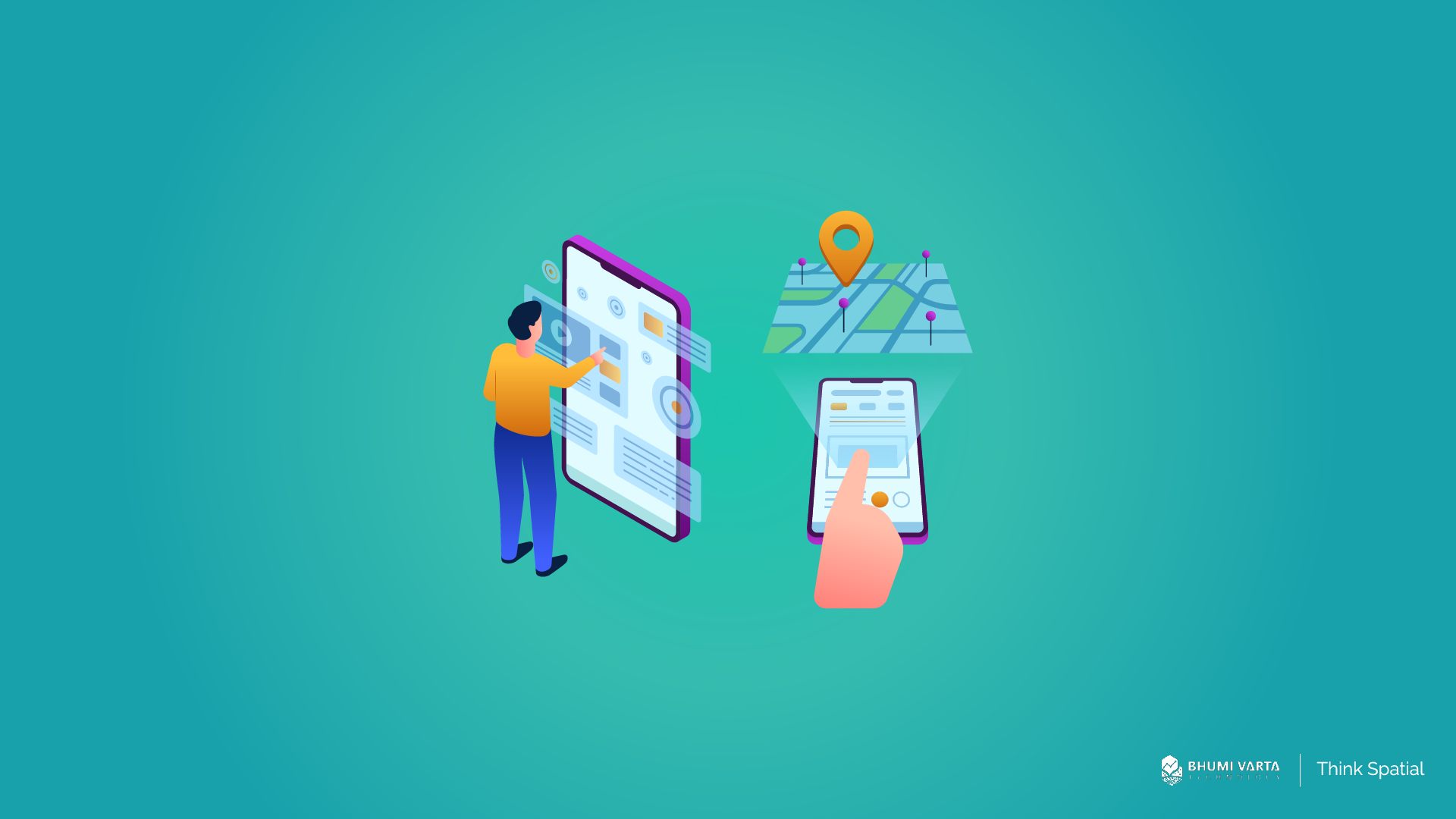Marketers benefit from customer segmentation as it helps them comprehend their target market better. Creating smaller and more precise consumer groups allows for easier formulation of strategies that cater to the specific needs and expectations of customers.
Mailchimp reports that using segmented marketing campaigns results in a 14% higher email open rate and 100% higher click rate compared to unsegmented campaigns.
Contents
What is Customer Segmentation?
Customer segmentation is a marketing strategy that involves classifying customers based on their interests, activities, or previous purchases. By dividing their customer base into smaller segments, businesses can gather detailed information about their customers.
For instance, company A manufactures shampoos with multiple variants. By implementing customer segmentation, the company can identify that some customers prefer shampoos with a soft, high-quality fragrance while others favor those with a strong scent and are more price-conscious.
The marketing team utilizes this data to customize their campaigns for each type of consumer. For instance, they may highlight the most recent premium shampoo to the first group of consumers and provide the newest deals to the last group.
Customer segmentation requires several types of data, including:
- Demographic data
- Geographic data
- Consumer behavior data
- Customer journey data
- Psychographic data
Benefits of Customer Segmentation for Marketing
Customer segmentation is a critical process that enables businesses to identify and prioritize potential customers based on their needs and pain points. This, in turn, allows businesses to create tailored marketing campaigns that are more effective in reaching their target audience and generating sales. Here are some of the key benefits of customer segmentation for marketing:
Personalized Experience
Customer segmentation can help marketers create personalized experiences. It enables them to target specific consumers with tailored messages, offers, experiences, and products.
For example, Netflix suggests movie recommendations based on previously watched films, while e-commerce platforms such as Shopee and Tokopedia send notifications about promotions for products that were viewed earlier.
Generate More Leads
Marketing typically acts as a lead generator, apart from the sales team. Segmentation allows marketers to deliver relevant messages to specific consumers at the right time. They can create social media or website content that is customized for each category, taking into account factors such as whether category A consumers prefer reading long and comprehensive articles or short and light ones.
Increase Conversion Rates
Conversion rate refers to the percentage of website visitors who perform a specific action, such as making a purchase or filling out a form. A higher conversion rate indicates that the website content is more effective in encouraging visitors to take the desired action.
By using consumer segmentation, the marketing team can craft targeted email campaigns for each consumer category, create compelling calls to action, and offer discounts or incentives to encourage consumers to complete the desired action, thereby increasing the overall conversion rate.
Accelerating the Sales Process
Segmenting customers enables the marketing team to identify the most suitable target audience for their products. Once the audience is determined, marketing can easily communicate messages or campaigns that resonate with consumers, highlighting how the products can help them overcome their challenges. Additionally, it helps businesses to determine the most popular products by analyzing the characteristics of the consumers who frequently purchase them.
Effortlessly Segmenting Your Customers with LOKASI Intelligence
To achieve success, businesses must have a deep understanding of their customers. One way to achieve this is through customer segmentation – the process of grouping customers based on their needs and preferences. With LOKASI Intelligence, customer segmentation can be done quickly and easily.
LOKASI enables businesses to efficiently identify groups of similar customers, leading to better targeted and personalized marketing strategies.
Learn more about how LOKASI Intelligence can help businesses by emailing [email protected] or WhatsApp: 087779077750.
FAQ
What benefits does customer segmentation offer to businesses?
Businesses benefit from customer segmentation through personalized experiences, higher conversion rates, and faster sales processes.
Can you provide an explanation of the term “customer segments” in the context of marketing a product?
In marketing, customer segmentation refers to the process of grouping consumers based on their preferences. For instance, a shampoo-producing company may use customer segmentation to identify consumers who prefer shampoos with a soft fragrance and high quality, and those who prefer shampoos with a strong scent and are more price-sensitive.
What is customer segmentation?
Customer segmentation involves dividing consumers into specific groups based on interests, activities, or previous purchases. This allows businesses to gather detailed information about their customers.



